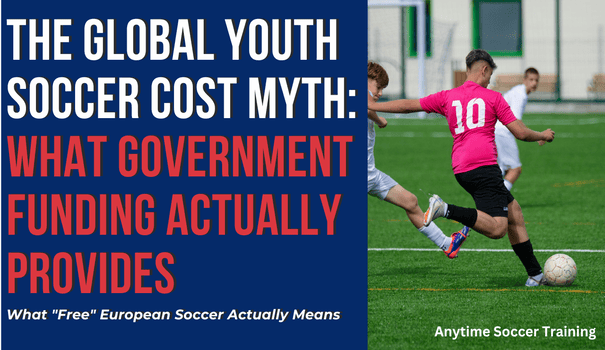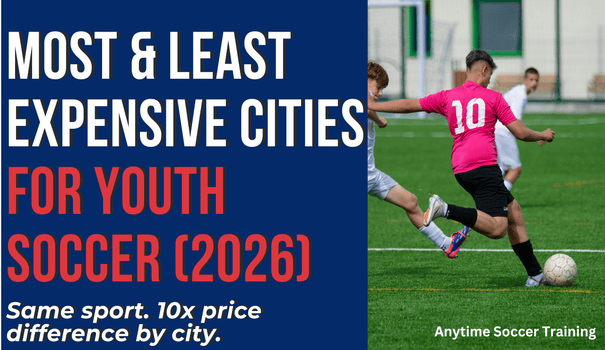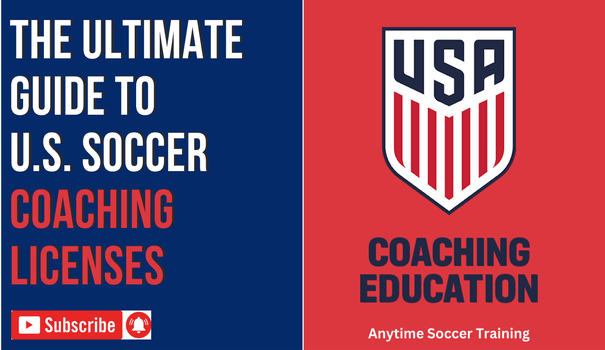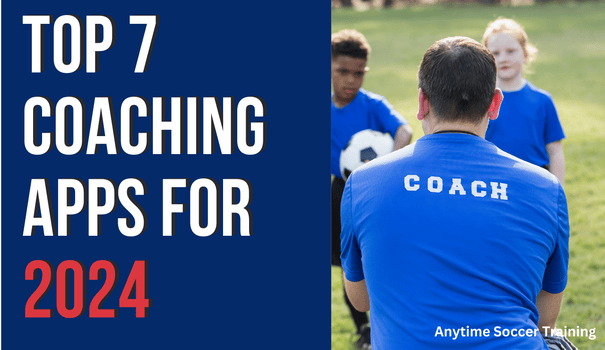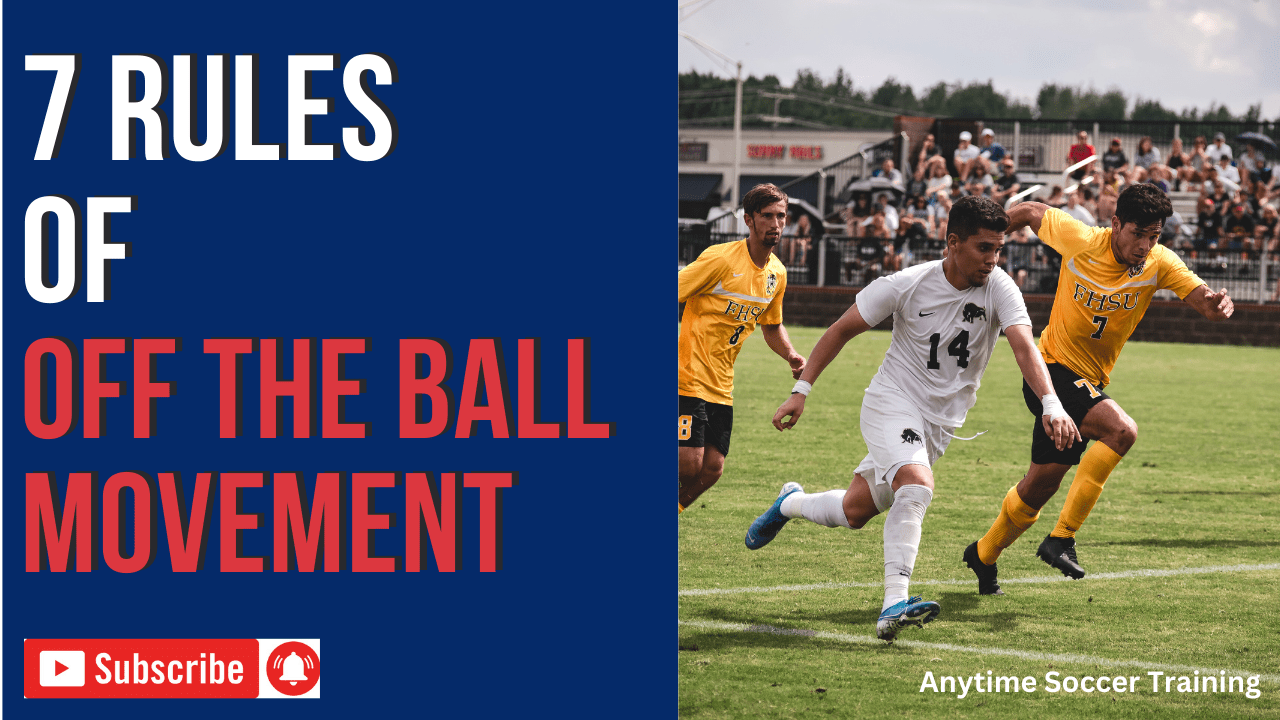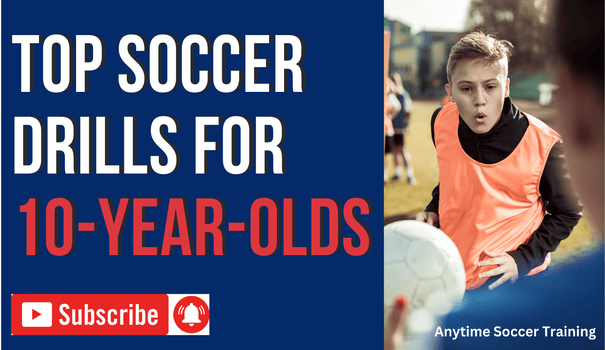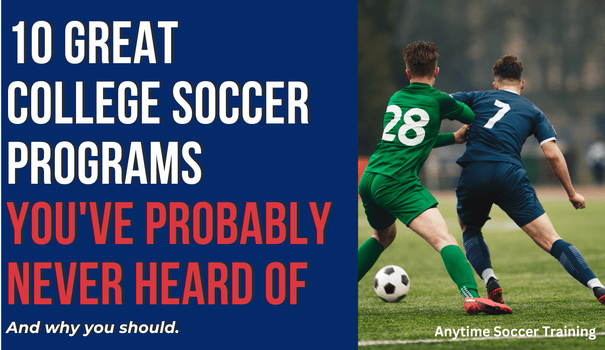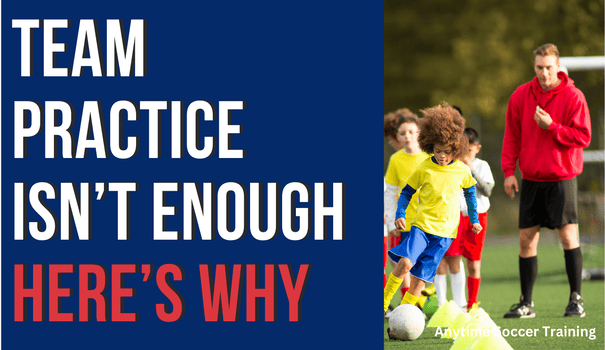
When my son Adam first started playing soccer, I remember hearing the same advice over and over from other parents:
“Being on the right team is everything,” they’d say. “Team practice is where the magic happens; it trumps everything else.”
I took their words to heart, believing that if Adam was on the right team and had solid team practice, he’d naturally improve.
At first, Adam loved soccer. He was excited to run around, kick the ball, and hang out with his teammates. But as he moved up in levels and the competition grew tougher, I started noticing something: despite being on a good team with solid practices, Adam wasn’t growing as quickly as I expected.
He seemed to hesitate on the ball during games, unsure of himself. The excitement he once had began to fade, and I found myself wondering if there was something more I should be doing.
Practice: A Great Start, But Not the Whole Picture
First, let’s give credit where it’s due—soccer practice is key. Coaches work hard to teach tactics, teamwork, and how to handle real game situations. But when it comes to developing individual skills—the kind that sets apart the good players from the great ones—practice has its limits.
Why Practice Isn’t Enough for Individual Development:
Limited Repetitions: In a typical practice, players share the field with their teammates. A lot of time is spent on drills that focus on team dynamics, which means fewer opportunities for each player to work on their own technical skills.
Different Skill Levels: Coaches have to juggle players with different skill levels, so the session has to meet everyone’s needs. This can leave advanced players without the challenge they need, while newer players may struggle to keep up.
Time Constraints: Practices usually last an hour or two, and there’s a lot to cover. With such limited time, expecting deep individual development just isn’t realistic.
Team Focus: The main goal of practice is preparing the team for the game. So, individual skill work often takes a back seat to team tactics and strategies.
A Personal Story
When Adam moved from rec soccer to club, he struggled to keep up. During games, he hesitated with the ball, unsure of himself. After a tough match, he got in the car, asked for my phone, and said he wanted to watch Ronaldinho videos because he wanted to play like him. That hit me hard. It wasn’t just about the highlights; he was looking for a way to get better.
Matthew, on the other hand, is confident but gets easily distracted. In practice, he’d miss key moments because his focus wandered. Despite their differences, both needed the same thing: more focused, individual touches outside of practice.
The Power of a Little Extra Training
So, I started working with Adam and Matthew at home. We carved out just 15 minutes a few times a week. Over about 10 months, that added up to around 30 hours of extra touches on the ball (15 minutes x 3 sessions x ~40 weeks). It might not sound like much, but those extra hours made a huge difference.
For Adam, those extra sessions gave him a big boost in confidence. His touch improved, and he started stepping onto the field with his head held high. For Matthew, it helped channel his natural energy into focused skill-building. Those 15-minute sessions ended up being game-changers for both of them.
Why Individual Training Matters
Repetition Builds Mastery: Studies in motor learning consistently show that repetition is key to mastering skills. Skills like dribbling, passing, and shooting rely on creating and strengthening neural pathways through constant practice.
Research from the Journal of Sports Sciences shows that deliberate practice helps athletes build muscle memory, making complex movements feel natural over time.
It’s similar to how you learn to ride a bike or play an instrument—the more you practice, the more automatic the skill becomes.
Focused Practice Drives Progress: Research by Dr. Anders Ericsson on expert performance highlights the importance of focused, deliberate practice.
Instead of trying to work on everything at once, we would focus on one skill per session—like tight ball control or quick turns.
This concentrated approach has been shown to accelerate improvement, as it allows the brain to more effectively adapt and refine specific movements, leading to clearer progress.
A Growth Mindset: Extra training helps kids develop a growth mindset, as outlined in Carol Dweck’s research. It teaches them that effort leads to improvement, and that growth is a gradual process.
This mindset shift is crucial in sports, where the focus shifts from being the best today to striving to be better than yesterday. Studies have shown that athletes with a growth mindset are more resilient and persistent, which are key traits for long-term success.
The Joy of Soccer Through Skill and Confidence
Extra training doesn’t just improve skill—it makes soccer more enjoyable. As kids become more confident in their abilities, they experience more success on the field, which fuels their love for the game. Research shows that when athletes feel competent, they’re more likely to stay motivated and engaged.
This cycle of skill, confidence, and success creates a positive feedback loop, where players enjoy the game more because they’re better at it, and the more they enjoy it, the harder they work to improve.
Practice Alone Won’t Get Them There
Soccer practice is definitely a key part of the journey, but it’s only one piece of the puzzle. The players who really stand out, who thrive under pressure and elevate their team, are the ones who put in extra work outside of practice. And it doesn’t have to be hours of training. Even 15 minutes, three times a week, can make a big difference over time.
Take the First Step with the 7-Day Ball Mastery Challenge
If your child loves soccer but feels stuck, a little extra training can make all the difference. For Adam and Matthew, those extra touches not only improved their game but reignited their love for soccer.
That’s why I created the FREE 7-Day Ball Mastery Challenge through Anytime Soccer Training. Seven days, seven sessions—just a few minutes each day to build real skills and confidence.
Ready to see your child grow? Sign up for the FREE 7-Day Ball Mastery Challenge today and watch them take the next step in their soccer journey. Let’s build players who thrive for years to come.

